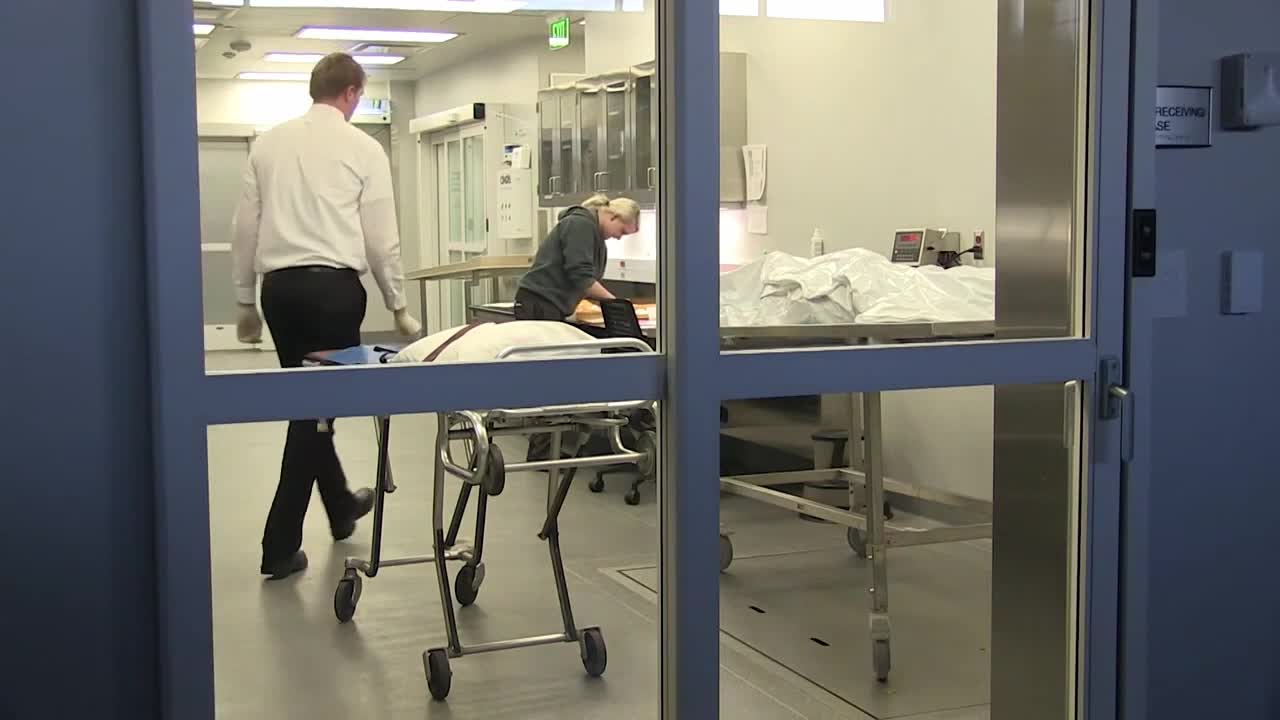SALT LAKE CITY — Recently, two families got closure when their loved ones' remains were identified years after they went missing. One was a foot that was found on the shore of Fish Lake, and the other was a skull and other remains found near a West Valley City pond.
But there are still more families waiting for answers, and a state agency is working to bring them some relief.
"It’s been very difficult for us. I don’t think any of us have really forgiven ourselves for not finding him sooner,” said Mariah Morris, whose family has been looking for her brother, Rick Morris, for four years.
"There'll be times where I come to terms with the fact that he is probably gone, he's passed away, and it breaks my heart because I don’t know... was he by himself, was he scared, was he hurt?” said Mariah.
In June 2021, Rick went missing from his home in Tooele. He's diabetic and his family still doesn’t know what happened to him, but they think he may be in the canyons there.
"It’s really hard not knowing,” said Mariah.
WATCH: Family continues search for missing Tooele man nearly 2 years after disappearance
While families like theirs are waiting for answers, the Utah Office of the Medical Examiner said they currently have about 20 sets of human remains that they are working to identify.
"To be able to provide answers to families — I know that in these times, where people are grieving, nothing can really help, but some relief can be given at least to know the why,” said Dr. Cory Russo, the chief medical examiner investigator.
Russo said there are multiple ways they try to track down the identities of human remains.
"If we have no idea who that person might be, we can still get a DNA profile from the bone," Russo said. "It's uploaded into CODIS, which is a system that law enforcement uses to house that data, and then we can check against other DNA profiles in CODIS. We also use NamUs quite a bit, and that’s for missing and unidentified people."
She said they are working with some remains dating back to the 1980s.
"It can take a few months to get the DNA profile, but then if there are no matches, it’s just a waiting game till maybe a relative does enter the system,” Russo said.
She hopes that her work can be a step closer to justice for those families.




